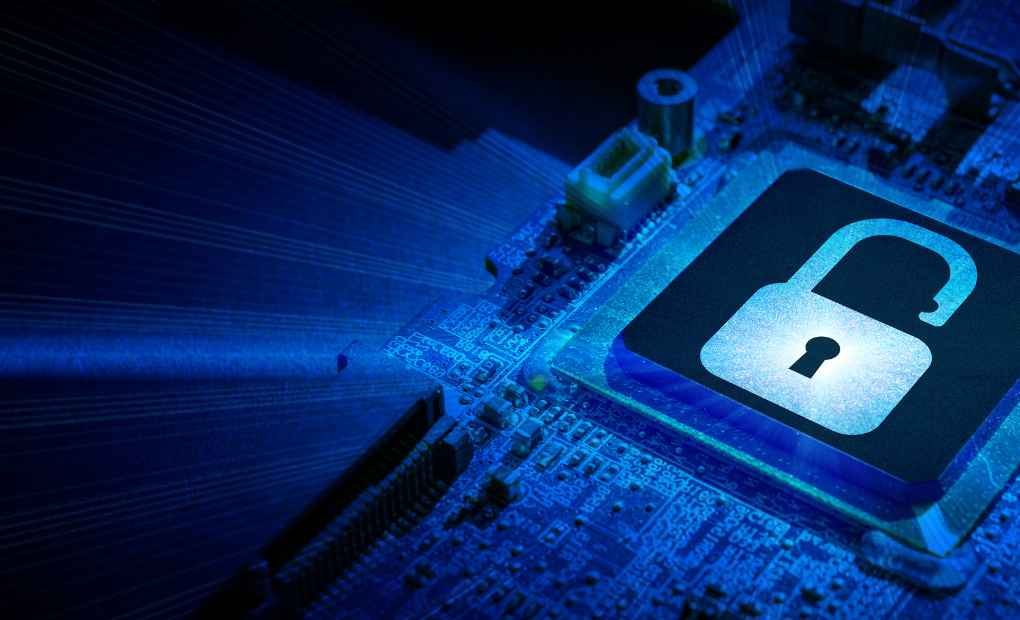Types of Cyberattacks and Their Effects on Companies
Different types of cyberattacks place companies in a situation of complete vulnerability. Given a scenario in which companies have been forced to adopt technologies abruptly, the risk of becoming cyberattack victims has increased so much that registered an all-time high in cyber threats.
The Internet has become an increasingly hostile environment, and at a time when all data and transactions are shared from a digital medium, being protected and knowing how to act in the event of a cyber attack is a priority for companies. For this, it is key to identify the types of cyberattacks they can receive and their consequences.
Most common types of cyber attacks
Cybercriminals use several hacking techniques to bypass security and access sensitive information. However, according to experts, these are the most common types of cyberattacks:
Ransomware
Ransomware is malicious software that infects a computer via a virus and Trojan horse, encrypts files, restricts access to the company’s computer system, and demands a ransom payment to remove the restriction. It can enter the system via an email attachment or through the browser if an infected web page is visited. These types of attacks cost organizations more than $7.5 billion in 2019.
Phishing
It is a method that cybercriminals use to trick the company and its employees into revealing personal and company information. Through phishing, passwords for access to the corporate network or data from credit cards and social security are extracted, as well as bank account numbers. This type of data is stolen by sending fraudulent emails that appear to come from trusted sources (banks, energy or courier companies, etc.).
Spoofing
Spoofing consists of altering a web page by unauthorized modification of its code. It can be done to change the content of the web, as a protest or claim, or to impersonate a legitimate site seeking to obtain confidential information. Cybercriminals use automated programs that scan the Internet for vulnerable sites to attack and gain control of the server without the company realizing it.
Information leakage
It consists of the theft of sensitive data of the company, its own, or clients. This can damage the company’s reputation and operations and the consequences of criminal, civil, and administrative sanctions. The origin can be from a virus that infects a computer, sending emails to obtain a password to access the corporate network, or spying on online activity.
Consequences of cyberattacks for companies
Experts warn of the catastrophic damage that these cyberattacks can cause. An IBM Security report reveals that out of 500 data breaches analyzed, 80% of the time, the data of the affected company’s customers was exposed. In addition, the average cost of this type of breach exceeded 3.8 million euros.
According to the National Institute of Cybersecurity (Incibe), cybercrime accounts for 1% of the world GDP, behind the United States and the United Kingdom. Cyberattacks cost companies more than 14,000 million euros annually in our country. And the consequences are obvious:
Provision of service. Cyberattacks interrupt the normal functioning of the economic activity of the company or business.
Logistical aspects. 37% of cyberattacks affect the quality of the service/product the business offers.
Billing process. Prevent the use of billing software, making it impossible to charge for services provided.
Theft and data leak. In our country, 48% of cyberattacks generate a loss of confidential information.
Sanctions non-compliance with regulations. These include the economic costs for non-compliance with the GDPR due to a cyberattack, which can reach 20 million euros (4% of turnover), putting the viability of your business at risk. It is estimated that 60% of companies that receive this type of cyberattack end up closing their business in a few months.
In short, several types of cyberattacks, such as ransomware, phishing, or spoofing, pose serious cyber risks for organizations. Therefore, they must reinforce their cybersecurity systems to guarantee data protection and privacy in their operations.

